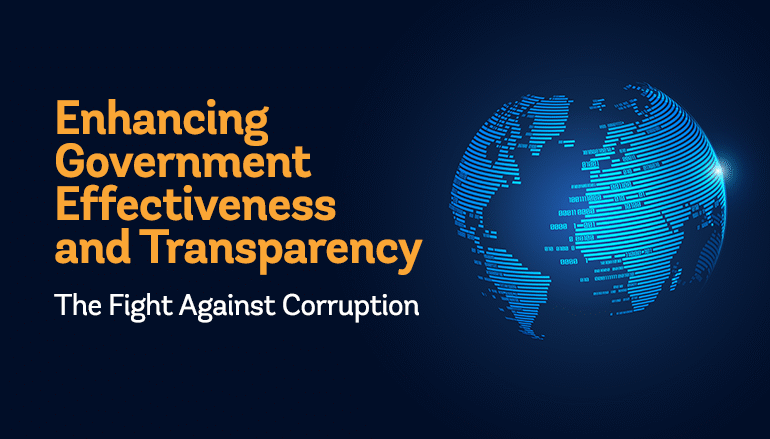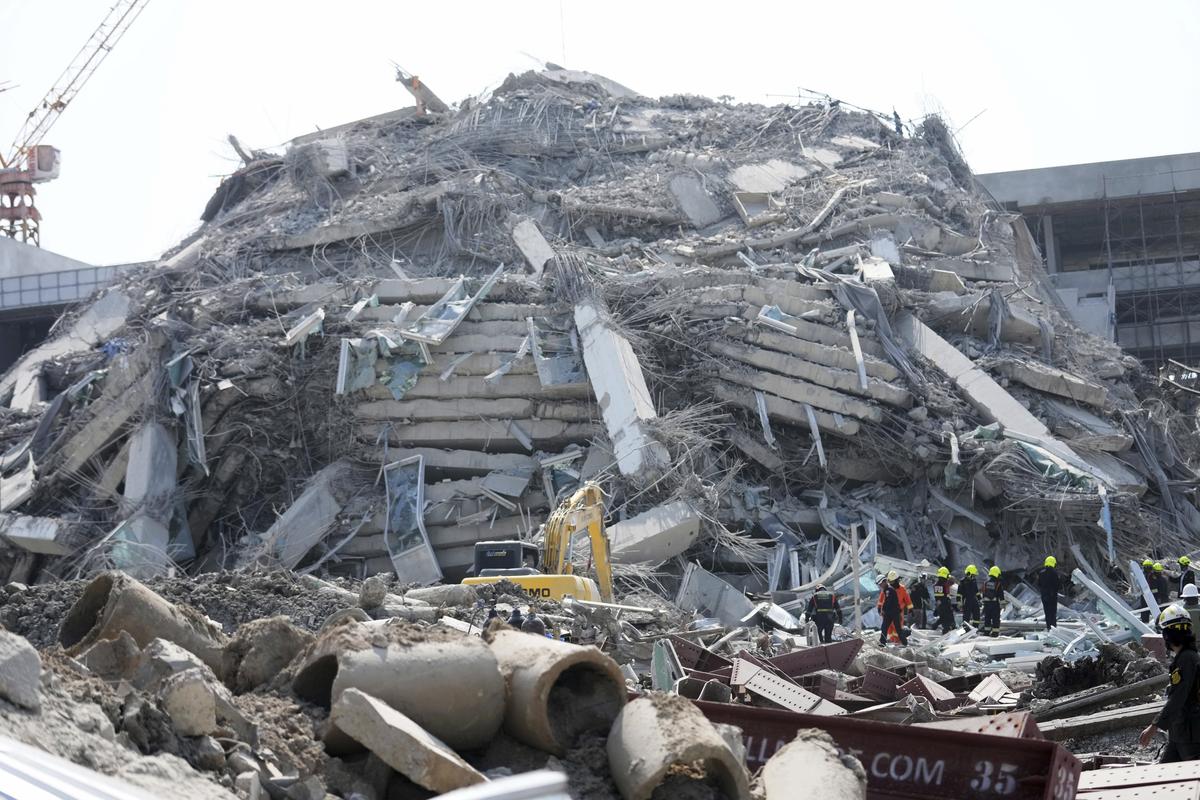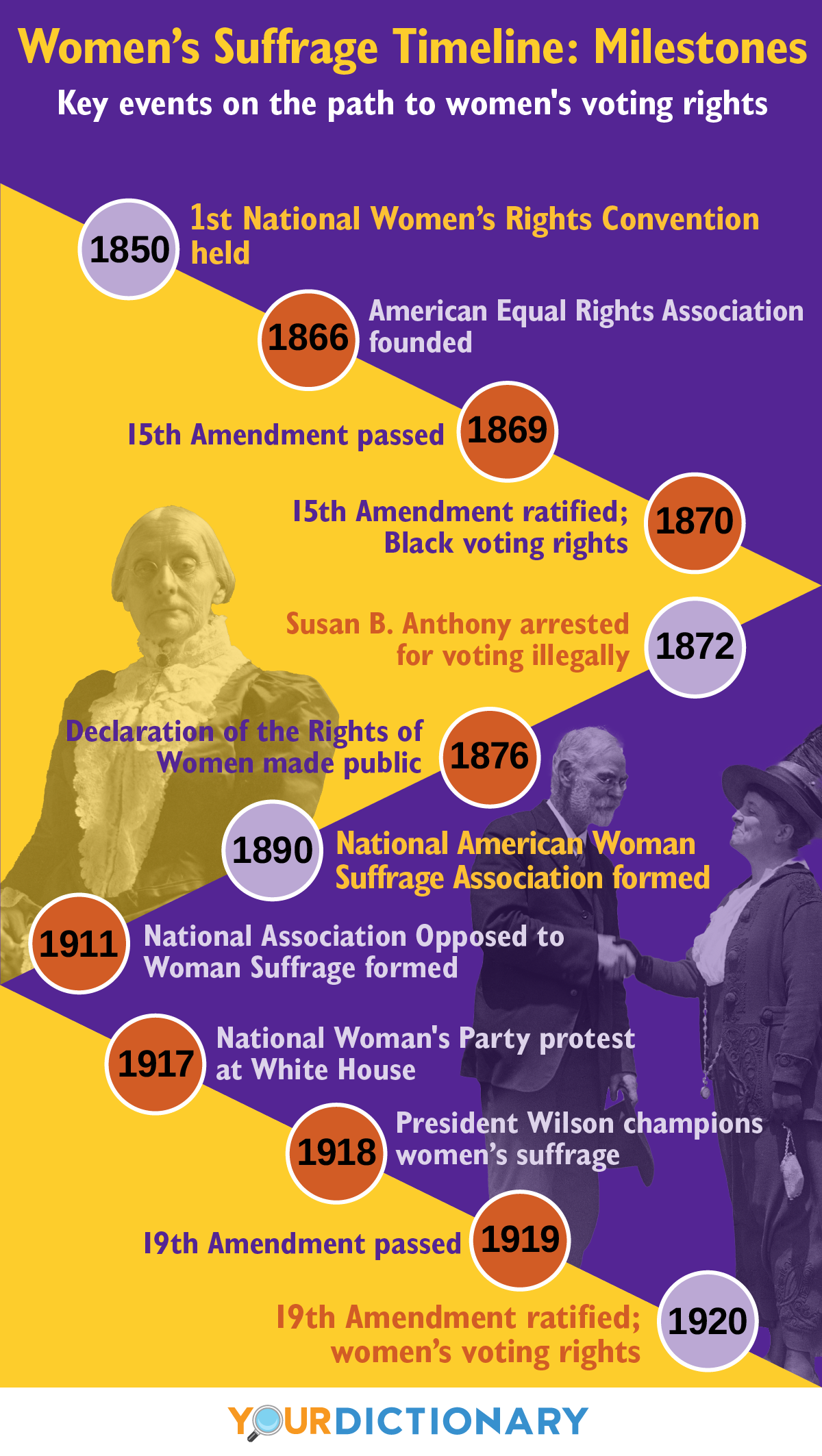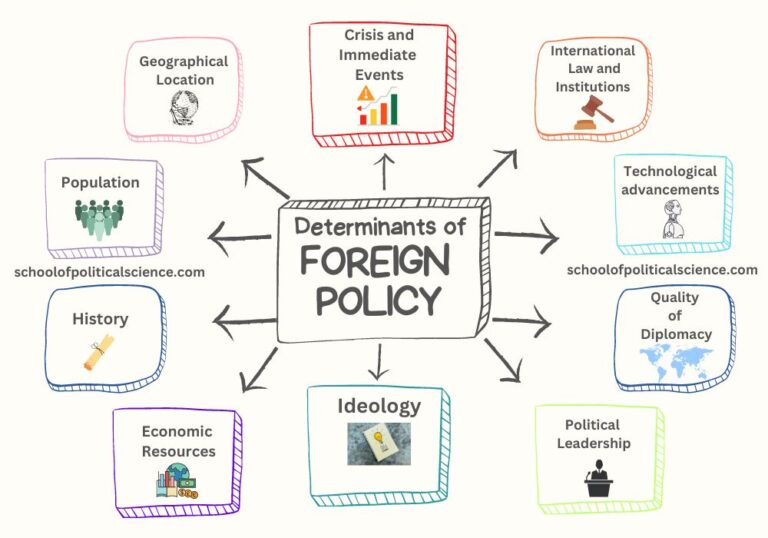Corruption Around the World

“`html
Corruption in Politics: A Global View
Corruption within political systems is a pervasive issue, affecting nearly every country on Earth to varying degrees. It erodes public trust, hinders economic development, and undermines the rule of law. This post aims to provide a comprehensive overview of corruption in politics, examining its forms, causes, consequences, and potential solutions from a global perspective.
What is Political Corruption?
Defining political corruption can be complex as it manifests in numerous ways. At its core, corruption involves the abuse of entrusted power for private gain. This isn’t always about blatant bribery; it encompasses a broad spectrum of unethical and illegal practices. Some common forms include:
- Bribery: The offering, giving, receiving, or soliciting anything of value to influence an official’s actions.
- Extortion: Demanding something (usually money) through threats or coercion.
- Nepotism & Cronyism: Favoring relatives or close friends when making appointments or awarding contracts, regardless of merit.
- Embezzlement: Theft or misappropriation of public funds.
- Kickbacks: Secret payments made in return for preferential treatment (e.g., awarding a contract).
- Patronage: Using political influence to secure favors and benefits for supporters.
- Influence Peddling: Leveraging one’s position or connections to improperly influence decisions.
- State Capture: A situation where powerful individuals, groups, or companies gain disproportionate influence over state decision-making processes – essentially “capturing” the government for their own benefit. This is often a more subtle and long-term form of corruption.
The Global Landscape of Corruption
Corruption isn’t confined to any particular region; it exists globally, albeit with different levels of prevalence. Transparency International’s Corruption Perceptions Index (CPI) consistently reveals significant disparities. Countries scoring low on the CPI are perceived as having high levels of corruption.
Regions Facing Significant Challenges:

- Sub-Saharan Africa: Many countries in this region struggle with widespread corruption, impacting governance and development efforts. Resource wealth (oil, minerals) can exacerbate these issues.
- Eastern Europe & Central Asia: These regions often grapple with post-Soviet legacies of weak institutions and a culture of impunity.
- Latin America: Corruption is deeply ingrained in many Latin American countries, hindering economic growth and fueling social inequality.
- Asia: While some Asian nations have made significant strides in combating corruption, others face considerable challenges, particularly concerning bribery and influence peddling.
Relatively Less Corrupt Regions (though not immune):
- Nordic Countries: Denmark, Finland, Sweden, Norway, and Iceland consistently rank high on the CPI due to strong institutions, transparency, and a culture of integrity.
- Western Europe: While corruption exists, these countries generally have robust legal frameworks and independent oversight bodies.
Root Causes of Political Corruption
Understanding the causes of political corruption is crucial for devising effective solutions. Several factors contribute to its emergence and persistence:
- Weak Institutions: Lack of independence in the judiciary, a weak legislature lacking oversight power, and ineffective law enforcement create opportunities for corrupt practices.
- Lack of Transparency & Accountability: When government processes are opaque and officials lack accountability, corruption thrives.
- Low Salaries for Public Officials: Insufficient compensation can make public servants more susceptible to bribery.
- Political Instability & Conflict: Situations of conflict or political instability often create environments ripe for corruption as resources are diverted and oversight weakens.
- Cultural Norms: In some societies, certain forms of informal payments or favors may be tolerated or even expected, creating a culture that normalizes corrupt behavior.
- Lack of Education & Awareness: Limited understanding of the harms of corruption can contribute to its acceptance.
- Influence of Money in Politics: Campaign finance regulations are often weak, allowing wealthy individuals and corporations to exert undue influence on politicians.
Consequences of Corruption
The consequences of political corruption are far-reaching and devastating:
- Economic Impact: Corruption stifles economic growth by discouraging investment, distorting markets, and diverting resources from essential public services like education and healthcare.
- Social Impact: It exacerbates inequality, undermines social cohesion, and erodes trust in government institutions.
- Political Instability: Corruption can lead to political instability, protests, and even violent conflict.
- Environmental Degradation: Corrupt officials may approve environmentally damaging projects for personal gain.
- Weakened Rule of Law: Corruption undermines the rule of law by eroding public confidence in the legal system and creating a climate of impunity.
- Damage to International Relations: High levels of corruption can negatively impact a country’s international reputation and its ability to attract foreign investment.
Combating Political Corruption: Potential Solutions
Addressing political corruption requires a multi-faceted approach, tackling both the symptoms and the root causes:
- Strengthening Institutions: Building independent judiciaries, empowering legislatures with oversight powers, and strengthening law enforcement agencies.
- Promoting Transparency & Accountability: Implementing open government initiatives, requiring public disclosure of assets for officials, and establishing strong whistleblower protection laws.
- Improving Governance: Investing in good governance programs that promote ethical leadership and accountability at all levels of government.
- Enhancing Education & Awareness: Raising awareness about the harms of corruption through education campaigns and promoting a culture of integrity.
- International Cooperation: Sharing best practices, providing technical assistance, and pursuing extradition treaties to combat transnational corruption.
- Utilizing Technology: Employing e-governance solutions to reduce opportunities for bribery and increase transparency in public procurement. Blockchain technology has potential for tracking funds and ensuring accountability.
- Empowering Civil Society: Supporting independent media, NGOs, and citizen watchdogs who can monitor government activities and expose corruption.
- Campaign Finance Reform: Limiting campaign contributions, increasing transparency in political financing, and promoting public funding of elections.
Conclusion
Political corruption is a complex global challenge with devastating consequences. Addressing it requires sustained commitment from governments, civil society organizations, and individuals alike. By strengthening institutions, promoting transparency, fostering accountability, and empowering citizens to demand integrity, we can work towards creating a more just and equitable world where power serves the public good.
“`



